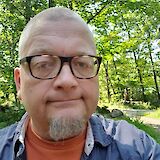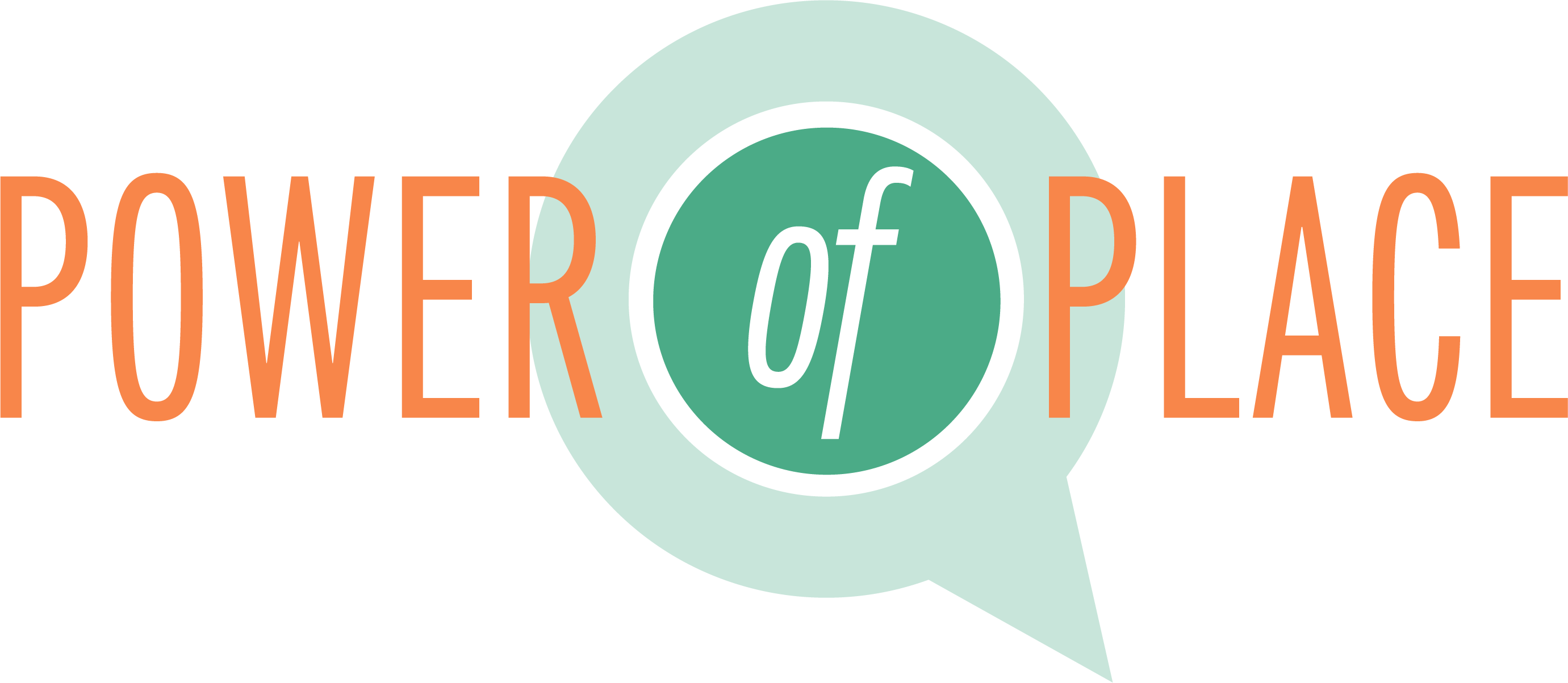February 14, 2023 Read Time:
Storytelling
"The more I hear the stories, I am the one transformed." -Luis Ortega
Luis Ortega, founder and director of Storytellers for Change, spent Thursday, February 2nd with the Essex County Learning Community at the Wylie Inn and Conference Center at Endicott College. Not surprisingly, Luis, a Storyteller himself, had a way with words, and he could go into a story so quickly it sometimes took you unawares (“Can I tell you about my grandmother?”) Luis was a wise, engaging presence, making the case and demonstrating that asset-based storytelling is a powerful way to build empathy, equity, and meaning, either as a teacher of students, a colleague among teachers, a leader, or … well … any human.
The day was broken into three broad sections:
- Story Listening
- Story Crafting
- Story Sharing
Each section built on the others, and were punctuated with a lot of movement and some silliness. Aside from the content, ideas, and fascinations that Luis brought us, he also did a bunch of cool facilitation “moves” that I’m absolutely going to steal. An example: after you pair up with someone, before you start telling your stories to each other, the two of you create a 5-step secret handshake. What’s the point? The point is that now, me and Jane, we have a secret handshake!
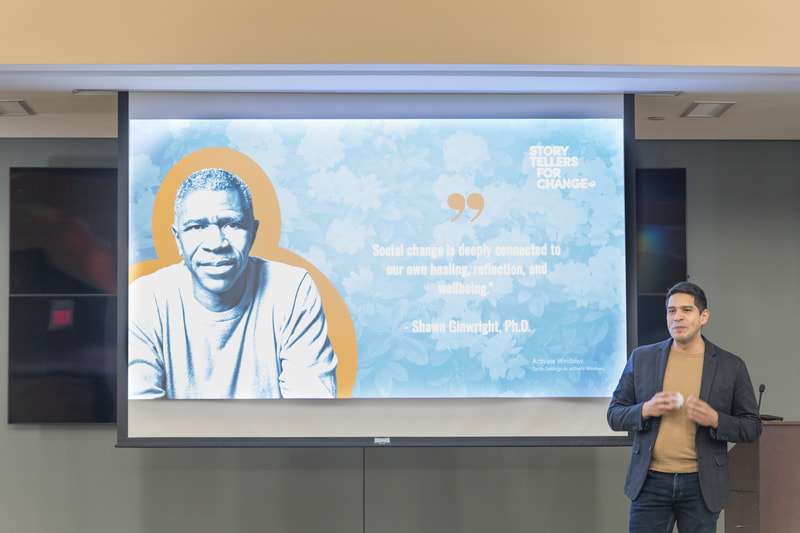
The day led towards a culmination with all of us formed into Story Circles of eight or nine educators each. We spent an hour telling each other our stories. Not our whole stories, but a particular story, one we’d been working on through the day, during the various technical exercises. First one person spoke, then another, then the next. The stories brought up some feelings — for both tellers and listeners — and the strength of those feelings was surprising in the moment. Nearly all of the stories revolved around a hard decision the educator made in order to genuinely challenge themselves.
"To hear each other, to listen to each other is an act of recognition." -Bell Hooks
It was extraordinary for a bunch of reasons. First of all, there was no feedback or response. One story was told, and then the talking stick was handed to the next person. This was not a conversation, and that was hard for me. I frequently say things like “I learn best in conversation” and “change happens one conversation at a time.” I am a big proponent of conversation. This was not conversation, and it was great.
And it was extraordinary because over the course of the nine people telling stories in our circle, a sort of alchemy happened, where each individual story stood next to the others, connections were made between them. “Windows” opened and “mirrors” reflected. They became a network of stories, more powerful than the sum of its parts.
Why did we have to be reminded that story is a powerfully engaging way to share our information and ourselves. Stories have characters, settings, an arc, and suspense! We wonder: Oh my gosh, how is this going to turn out!
I want to tell you every detail of the day, but one thing I realized in the Story Crafting portion — in which we did an activity called Journey Mapping — is that effective stories often aren’t comprehensive, but can be collections of vignettes or scenes. The story of your becoming a great educator could be told flatly, or it could be told as four separate stories. Each one with you making a powerful discovery or making a hard decision.
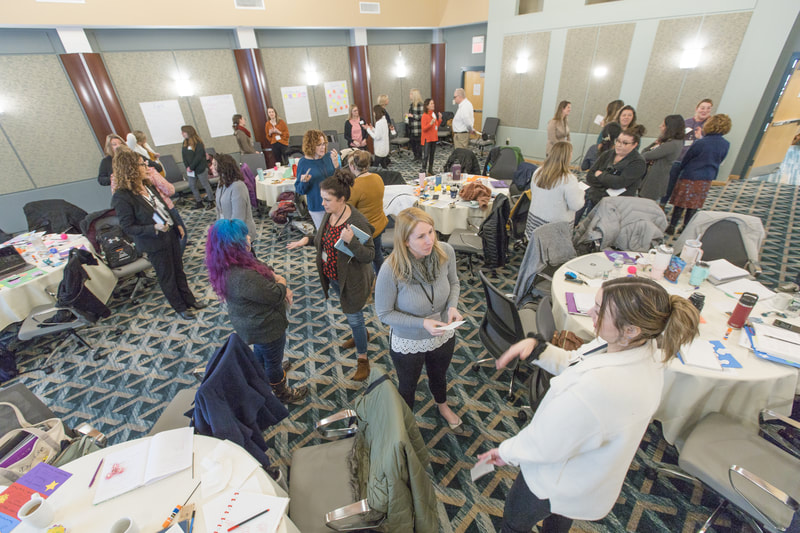
Emotions, mindsets, and heartsets are talked about a lot in our field. Their importance is ubiquitously affirmed—”Relationships are everything!” But our systems don’t always act as if we believe this is true. How often are you doing a connections exercise (“exercise”?) and you hear (or feel), “Can’t we just get to the real work?” I’m not saying that every connections exercise is important, but every connection is.
There is no academic or cognitive activity that does not also have an equally important (to the kid) emotional aspect. Every academic or cognitive activity happens within the context of the kid’s life. This context is all part of the story and it’s necessary for engagement.
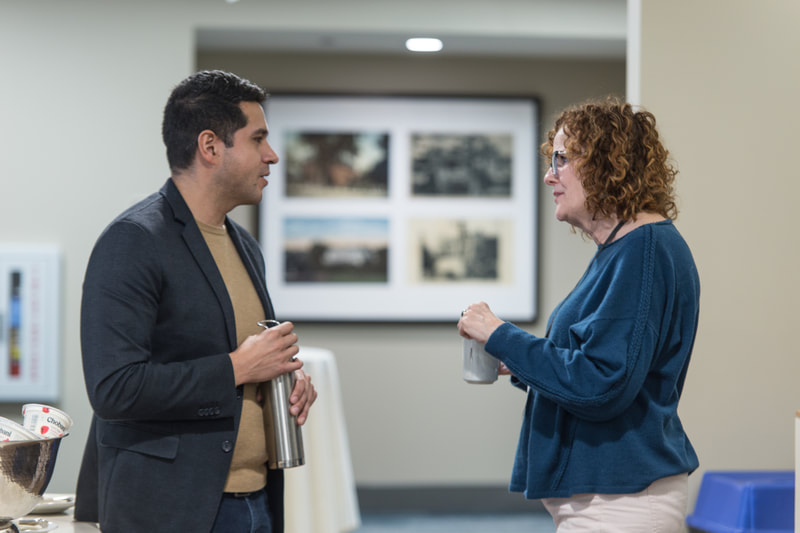
We tell our stories, and our stories tell us. In a story circle of eight people, you will be speaking 12% of the time and listening 88% of the time. Story circle is a listening space. Some story flows out of you, a lot of story flows in. Your own story is one essential piece among many. Ask other folks for their stories — not their explanations or evaluations — and tell yours. Tell your kids your story. Listen for theirs. Make meaning together. This is how you know you are a community. This is how you know you belong.
Resources from the Feb. 2 Winter Gathering can be found in this Google Drive folder. Please reach out to the ECLC with any questions, or to explore possible future collaborations with Storytellers for Change.
